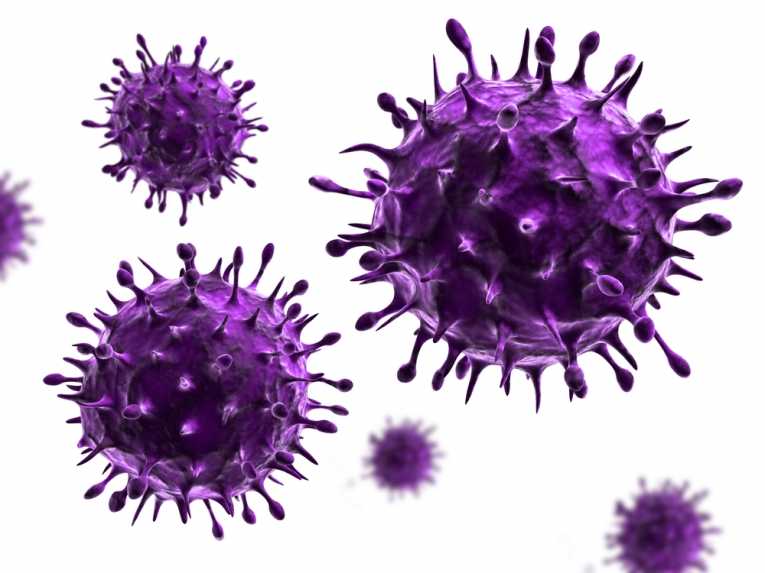In August 1994, in Queensland, Australia, two horses died of an unknown disease. Their owner also died from the disease several months later. In September 1994 the same disease killed 13 horses and a trainer. This outbreak took place in Hendra, a suburb of Brisbane and the disease gained the name Hendra Virus.
The Hendra virus is a type of henipavirus, a virus often carried by bats. The cross-species infection was alarming and the route from bat to horse and then to humans was something that researchers wanted to block. When infected with Nipa, another henipavirus, humans suffer a 75% fatality rate.
Researchers from universities and laboratories across the USA have been working together with federal coordination to create a treatment for the Hendra virus. Antibody therapy has already provided treatments for several types of cancer and this new development is another boost to its list of uses. It works through the creation of an antibody, designed to target specific types of cells or proteins. The hosts own immune system then attacks the unwanted matter.

Flying Fox (Pteropus giganteus) via Shutterstock
Using monkeys as test subjects, Rocky Mountain Laboratories in Montana, demonstrated that human antibody therapy could be used to protect exposed individuals from the deadly effects of the disease. Using the treatment up to three days after infection prevented death. This is an amazing breakthrough as, up to this point, no other treatment was available. The antibody has been given the identifier m102.4 and will be developed further as a marketable product for use around the world.
It is not only animal subjects that have received m102.4. In 2010 two Australians were the first humans to get the treatment after exposure to infected animals and they came through without issues. This treatment could not have come at a better time. Queensland and New South Wales have seen infection returning repeatedly with a particularly large number of animals affected this year. While there have been no human infections in 2011, the world now has a method to deal with that possibility in the future.










